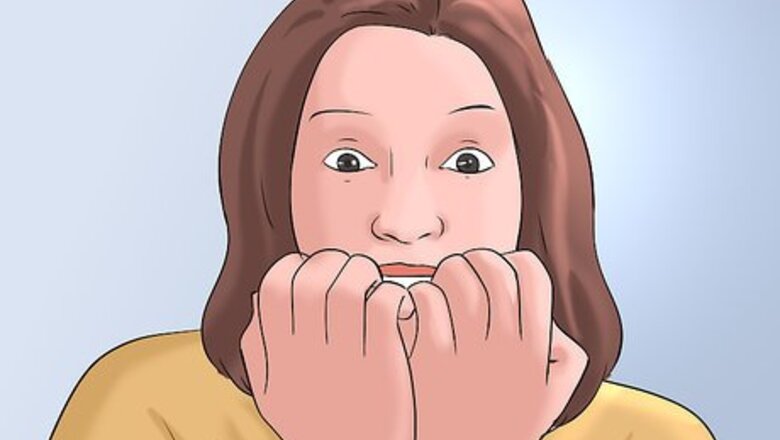
views
During the Panic Attack
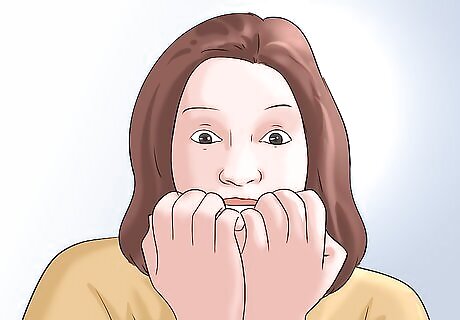
When you start to feel a panic attack coming on, ask yourself the following questions: What is there to be afraid of in my environment? Will someone cause me harm? Is there potential danger around here? Is this a relatively safe place?
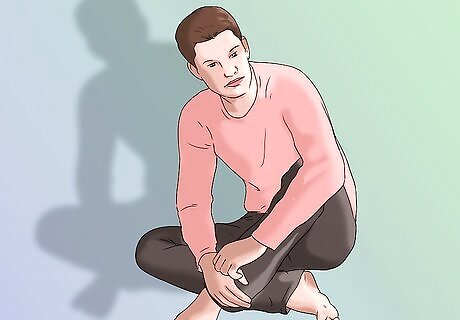
Realize that there is nothing to be afraid of and reassure yourself of this. The more you convince yourself and believe it, the more effective it will be!
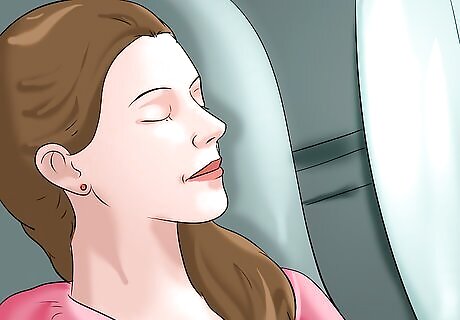
Once you realize that there is nothing to be afraid of, breathe deeply and allow the fear the subside. Attempting to control your breathing will help lessen the degree of intensity you experience during your panic attack. Take slow, deep breaths, as they are the most effective way to avoid loss of control. Coping with a panic attack is possible if you are able to get a grip on how rapidly you are breathing.
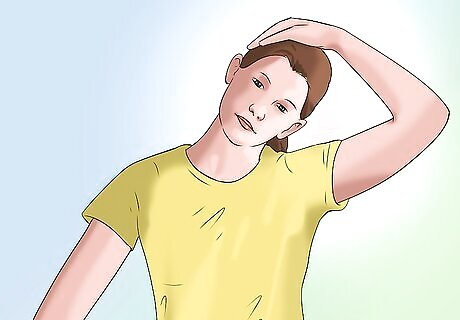
Next, gently stretch your facial and neck muscles, as well as your jaw muscles. Shoulder rolls also help relieve tension in your arms and upper back. This will help tend to the root cause of the panic attack, preventing future ones as well.
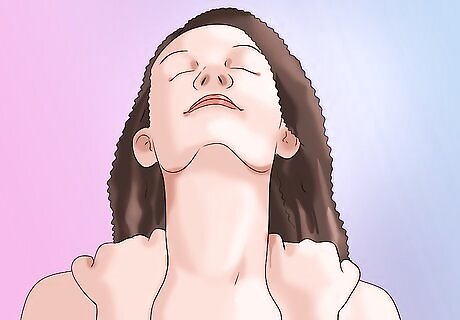
Try to take control of your actions during the panic attack. Don't let the attack force you to do things you normally wouldn't do. Close your eyes, breathe slowly and deeply, and tell yourself, "I will not let this control me." Repeat this to yourself firmly until you feel the attack subside. Not only will this help strengthen you physically and inwardly, but it will also bring assurance to you when you know you have things under control. Even if you feel that you have no control, telling yourself that you do and believing it will help a lot. Do not let the panic attack take over you.
Preventing Panic Attacks
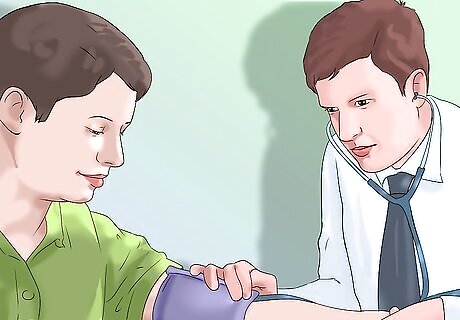
Because physical issues are often at the root of anxiety, ministering to those issues will aid both your health and your panic attacks. It is important that everyone get routine checkups every year!

The best way to defeat the panic attack is to fight your fear, as it seeks to control you. Controlling other medical conditions may be what you need in order to reduce the number of panic attacks you have. Often panic attacks can be attributed to underlying psychiatric disorders, such as generalized anxiety disorder or panic disorder. If you are having panic attacks that are causing discomfort, or interfering with your life, you should obtain professional help. A therapist can help you figure out the cause of your panic attacks so you can take steps to prevent them from happening.
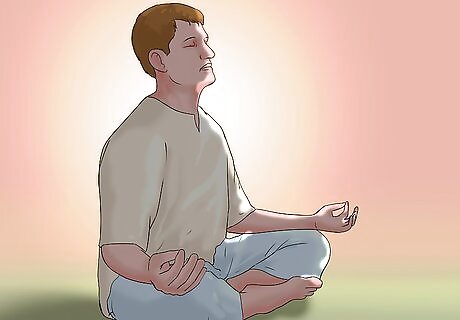
Find efficient relaxation strategies. By learning to use relaxation strategies, you can stop a panic attack before it gets out of control. Practicing yoga, meditation, or other relaxation techniques can make it much simpler for you to deal with an attack and either prevent it or lessen its effects.
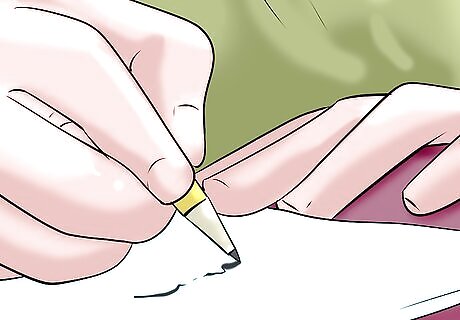
Schedule every single thing you do during the day, including routine tasks such as brushing your teeth and taking a shower. To improve your schedule's accuracy, you can time your littlest tasks to see how much time they require. This helps you see what your day includes so that you can be prepared ahead of time.

















Comments
0 comment